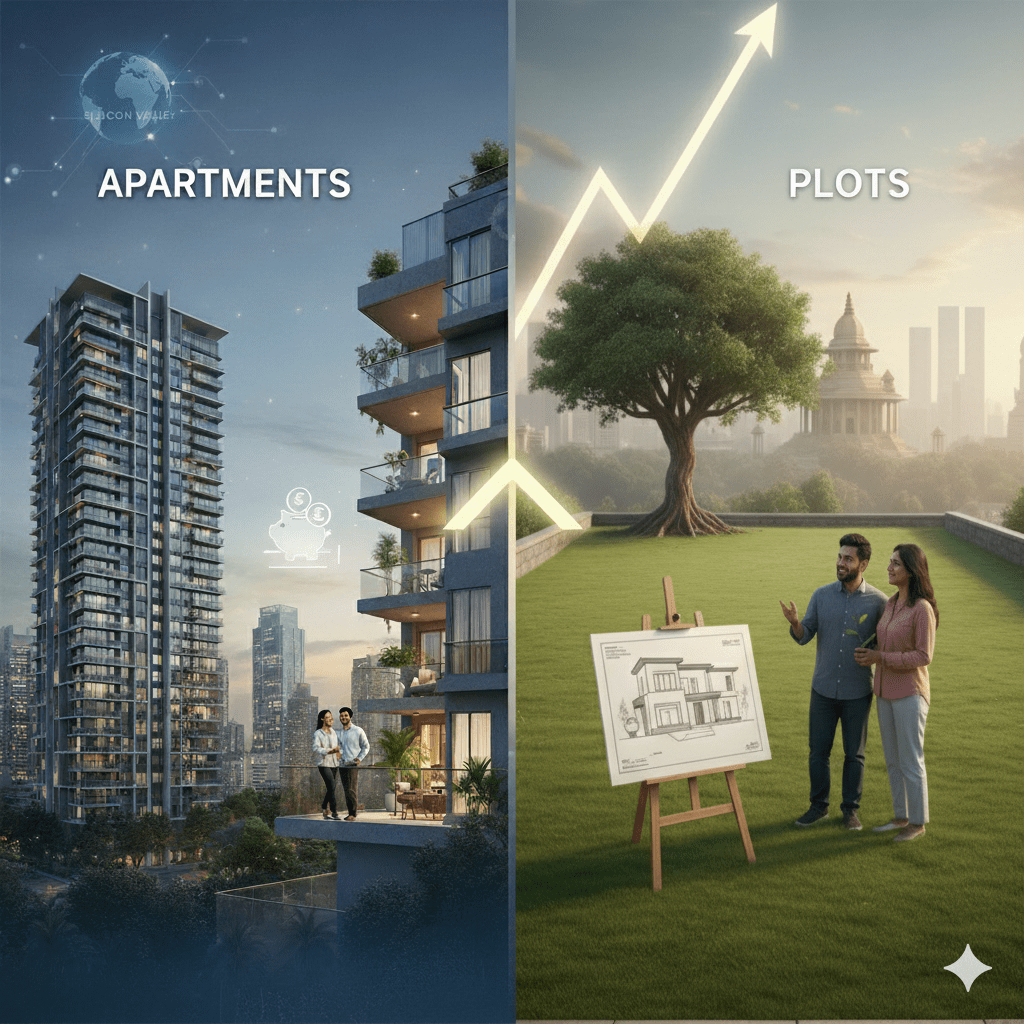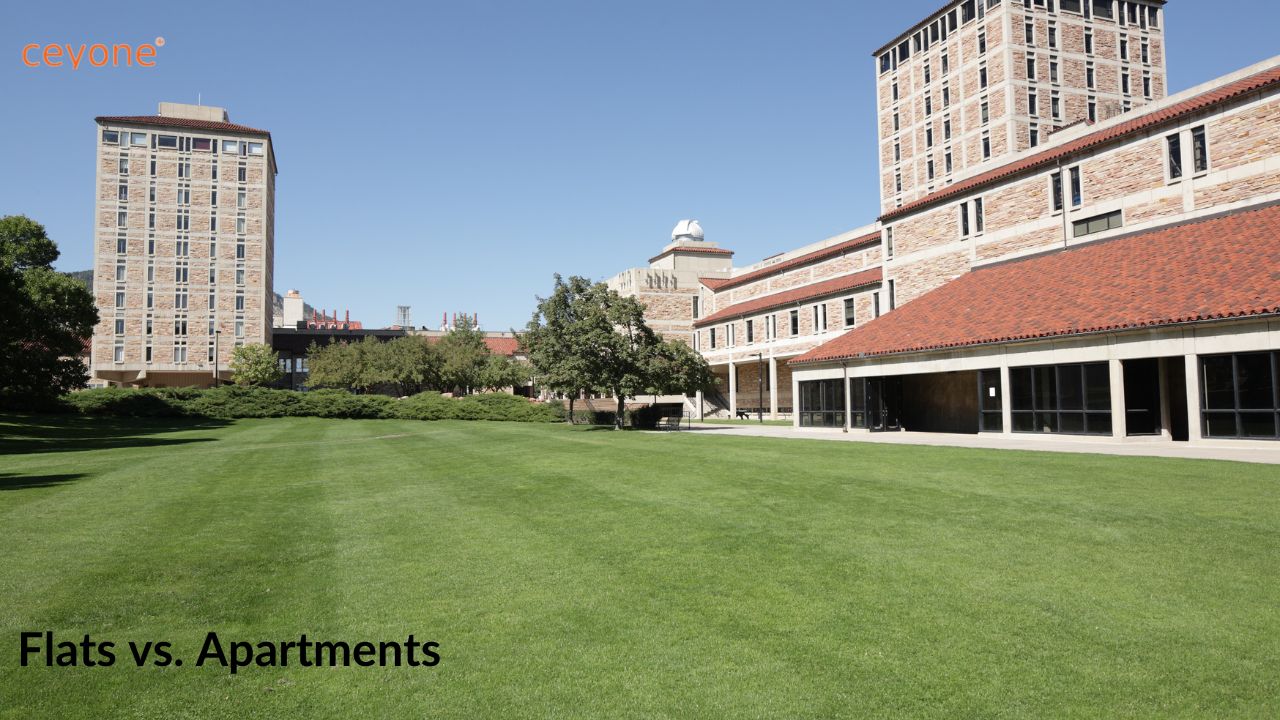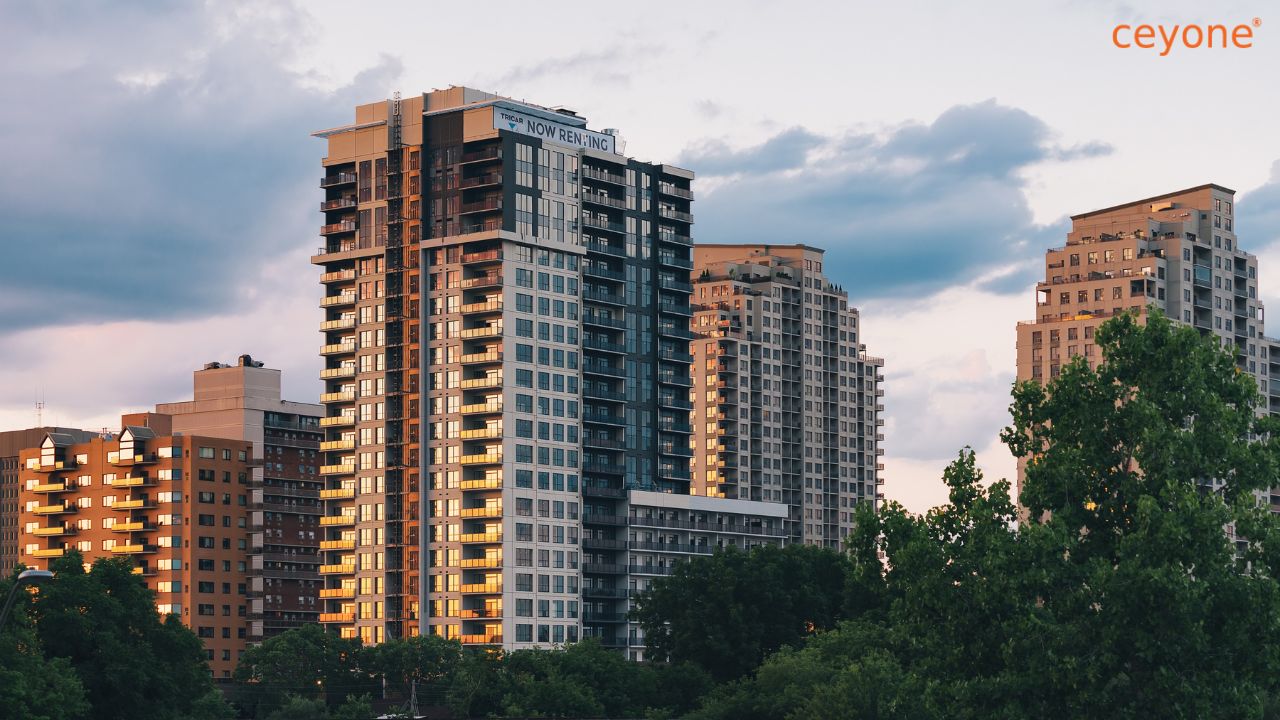3 Strong Plot Approvals You Must Know: DTCP, BDA & RERA Explained for Buyers
Confused between DTCP, BDA, and RERA plot approvals? This guide breaks down the 3 key approvals every buyer must check before investing in a plot. Stay legally safe and smart with Ceyone’s expert insights.
Buying a plot isn’t just about picking the right location or price. It’s about ensuring your investment is safe, legal, and future-proof. With countless land options on the market, how can a homebuyer or investor ensure they’re not stepping into a legal grey area?
That’s where plot approvals come in — especially terms like DTCP, BDA, and RERA. These aren’t just bureaucratic acronyms. They’re your safety net. Whether you’re planning to build your dream home or invest for the long term, understanding the difference between these authorities — and what approvals you must check — is non-negotiable.
Let’s break it down.
1. What is DTCP?
DTCP stands for Directorate of Town and Country Planning. It’s a state-level planning authority that governs land use and ensures planned urban development.
✔️Where it’s applicable: Usually for plots and developments located in non-BDA or peripheral zones.
✔️ What it approves: Layout designs, roads, drainage systems, and land usage.
✔️Why it matters: DTCP approval ensures that the layout follows basic town planning norms — so you don’t end up with a property on agricultural or restricted-use land.
2. What is BDA?
BDA stands for Bangalore Development Authority, specific to Bengaluru. It’s the primary city planning authority responsible for the development and regulation of urban layouts within city limits.
✔️Applicable for: Plots located within Bengaluru Metropolitan Region (BMR).
✔️What it approves: Layouts, infrastructure development, and civic amenities in city zones.
✔️Why it matters: BDA-approved plots often carry higher resale value and better infrastructure assurance, making them preferred by homebuyers in Bengaluru.
3. What is RERA?
RERA is the Real Estate Regulatory Authority, implemented under the Real Estate (Regulation and Development) Act, 2016. It’s a central regulatory authority set up to protect the interests of homebuyers and increase transparency in real estate.
✔️Applicable to: All projects over a specific size (usually >500 sq. m. or 8 plots) must be registered under RERA.
✔️Covers: Developers must disclose all approvals, land titles, completion timelines, and financials.
✔️Why it matters: RERA ensures accountability. If a plot layout is RERA-registered, it means all approvals (including DTCP/BDA) are in place, and the developer is answerable for delays, fraud, or title issues.
4. DTCP vs. BDA: What’s the Difference?
While both ensure planned development, the difference lies in their jurisdiction and level of planning:
| Feature | DTCP | BDA |
| Region | Statewide (rural/semi-urban areas) | Bengaluru city limits |
| Approval | Basic layout approvals | Detailed city planning (roads, sewage, water) |
| Value | Moderate | Often higher resale & appreciation |
| Suitable for | Peripheral townships & outskirts | City-dwelling and premium locations |
5. What Should You Check Before Buying a Plot?
Before you sign that sale deed, make sure you verify the following legal documents:
✔️Title Deed: Confirms ownership and that the land isn’t under litigation.
✔️Encumbrance Certificate (EC): Proves the land is free from loans/mortgages.
✔️DTCP/BDA Approval Letter: Depending on the zone, this ensures layout legality.
✔️RERA Registration Number: Mandatory for large layouts and must match the one on the RERA website.
✔️Conversion Certificate: If the land was agricultural, ensure it’s converted to residential use.
✔️Khata Certificate: Especially in Bengaluru, this is necessary for property tax and ownership recognition.
Red Flag: If a seller/developer is unwilling to share these documents or says approvals are “under process” — walk away.
6. Why This Matters to You as a Buyer
Buying a plot may seem like a once-in-a-lifetime decision, but wrong documentation can ruin the joy of building your dream home.
❌ Delayed approvals
❌ Legal disputes
❌ No bank loan eligibility
❌ Future demolition risks
Instead, a fully approved DTCP/BDA + RERA-compliant layout means:
✔️ Peace of mind
✔️ Easy loan processing
✔️ Faster resale value
✔️ Access to better infrastructure
7. How Ceyone Makes It Easier
At Ceyone, every plotted development we represent or recommend undergoes a thorough due diligence process. From checking DTCP/BDA layout approvals to RERA certifications — we don’t just market plots, we curate them for long-term security.
Our goal is simple:
To help you build confidently on land that’s legally, financially, and practically ready.
Conclusion
Before you buy a plot, understand the approvals behind the promise. A beautiful location or flashy brochure is great — but legal clarity is what ensures your home stands strong for generations.
DTCP, BDA, and RERA aren’t just stamps — Contact Ceyone for more details.













